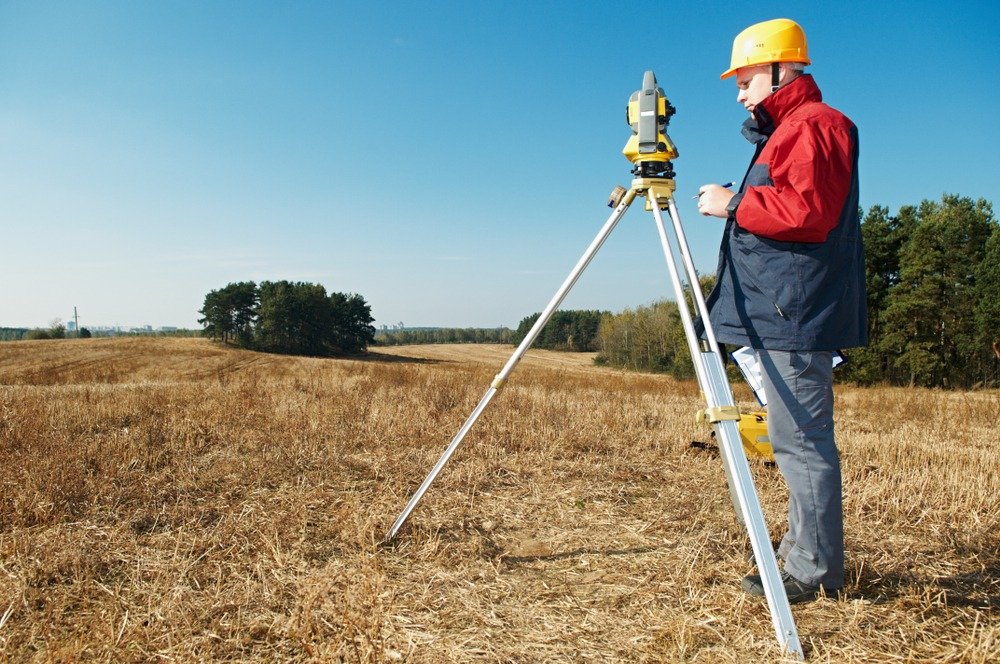
Uncovering the Benefits of Land Surveying
Ever wondered how land surveying could benefit you? As a property owner, gaining precise knowledge about your land is essential, and that’s where land surveying comes into play. Read on to discover how this age-old practice can bring you peace of mind, prevent legal disputes, and even save you money in the long run.
Property Boundary Clarity
Land surveying offers clear-cut delineation of property boundaries, a critical aspect for every landowner. The people working at axiomgeomatics.ca can explain how, by using specialized equipment and techniques, land surveyors can accurately pinpoint the corners and boundary lines of your property. This clarity can prevent a myriad of potential issues down the line. For instance, you may plan to build a new fence, add a deck, or plant a row of trees.

Knowing exactly where your property ends and your neighbor’s begins, helps avoid encroachments that could lead to contentious and costly legal disputes. Furthermore, land surveying can support you in challenging inaccurately recorded boundaries. Clear property boundaries also facilitate smoother land transactions, by providing potential buyers or real estate agents an exact understanding of what they are investing in. In a nutshell, land surveying provides a clear, legally recognized definition of your property, thereby ensuring peaceful coexistence with your neighbors and simplifying future transactions.
Legal Compliance
Land surveying plays an essential role in ensuring regulatory compliance. It adheres to legal stipulations regarding land use, zoning, and development. By accurately measuring and documenting the characteristics of a land parcel, surveyors help you comply with local building codes, zoning regulations, and environmental laws. For instance, if you aim to construct a building, a land survey can verify whether it aligns with the setback requirements, flood zone designations, or other zoning laws.
Additionally, if you’re subdividing land for sale or development, a survey ensures that the division adheres to local regulations. Moreover, land surveyors can identify any easements, rights of way, or other legalities recorded against the property, thus preventing legal conflicts. Essentially, land surveying is a critical mechanism for upholding lawfulness in all matters relating to land ownership and use.
Construction Planning and Design
Every construction project begins with a detailed plan. Here are some concerns it addresses:
- Project objectives
- Site analysis
- Regulatory compliance
- Budgeting
- Timeline and Scheduling
- Architectural design
- Structural engineering
- Mechanical, electrical, and plumbing (MEP) systems
- Material selection
- Risk management
- Energy efficiency
- Sustainability
- Accessibility
- Landscaping
- Construction drawings
- Quality control
- Permitting
- Approvals
Land surveying provides accurate topographical data, which aids architects and engineers in designing structures best suited for the land’s characteristics. By knowing the exact land contours, drainage patterns, and soil type, they can strategically position the building to maximize stability and longevity.
Surveying also reveals any potential issues, such as flood zones or land subsidence, that could impact the construction process. Essentially, land surveying lays the groundwork for safe, efficient, and successful construction projects.
Risk Mitigation
Assessing risks by looking over the land can identify potential hazards such as unstable soil, flood zones, or other environmental risks, which can have severe implications for construction or development projects. By understanding these risks upfront, cost-effective and safer design choices can be made, preventing future structural damage or failures.
Further, by accurately defining property boundaries, it minimizes the risk of legal disputes over encroachments. Lastly, ensuring compliance with local zoning regulations and building codes helps evade legal repercussions and penalties. Hence, land surveying is a fundamental risk management tool in land ownership, development, and construction.
Property Value Assessment
Providing detailed information on the property size, shape, and topography, directly influences the valuation process. A comprehensive survey can identify improvements, easements, rights of way, or encumbrances that could potentially affect the property’s value. Moreover, it can confirm the accuracy of the property’s legal description, which is crucial when determining its market worth.
Additionally, the discovery of valuable features such as water bodies, mature trees, or unique terrain characteristics during a survey can enhance the property value significantly. Therefore, land surveying contributes to a comprehensive and accurate evaluation of the property’s worth, aiding in fair transactions and investment decisions.
Insurance Proposes
Comprehensive land survey records provide insurers with detailed information about the property, including its boundaries, topographical features, and potential risks such as flood zones or unstable soil. This data allows insurance companies to assess the property accurately and calculate insurance premiums based on the actual risk.
Additionally, in the event of a claim, survey reports can help establish the extent of the damage and validate your claim. Thus, land surveying not only ensures you get the right insurance coverage but also gives insurers the confidence to underwrite policies based on factual, up-to-date information about your property.

In conclusion, land surveying is a powerful tool that can unlock numerous benefits for you as a property owner. It provides clarity, ensures legal compliance, supports construction planning, mitigates risk, and helps in property valuation and insurance. Ultimately, getting your land surveyed is a wise investment that will save you money and potential headaches in the long run.




